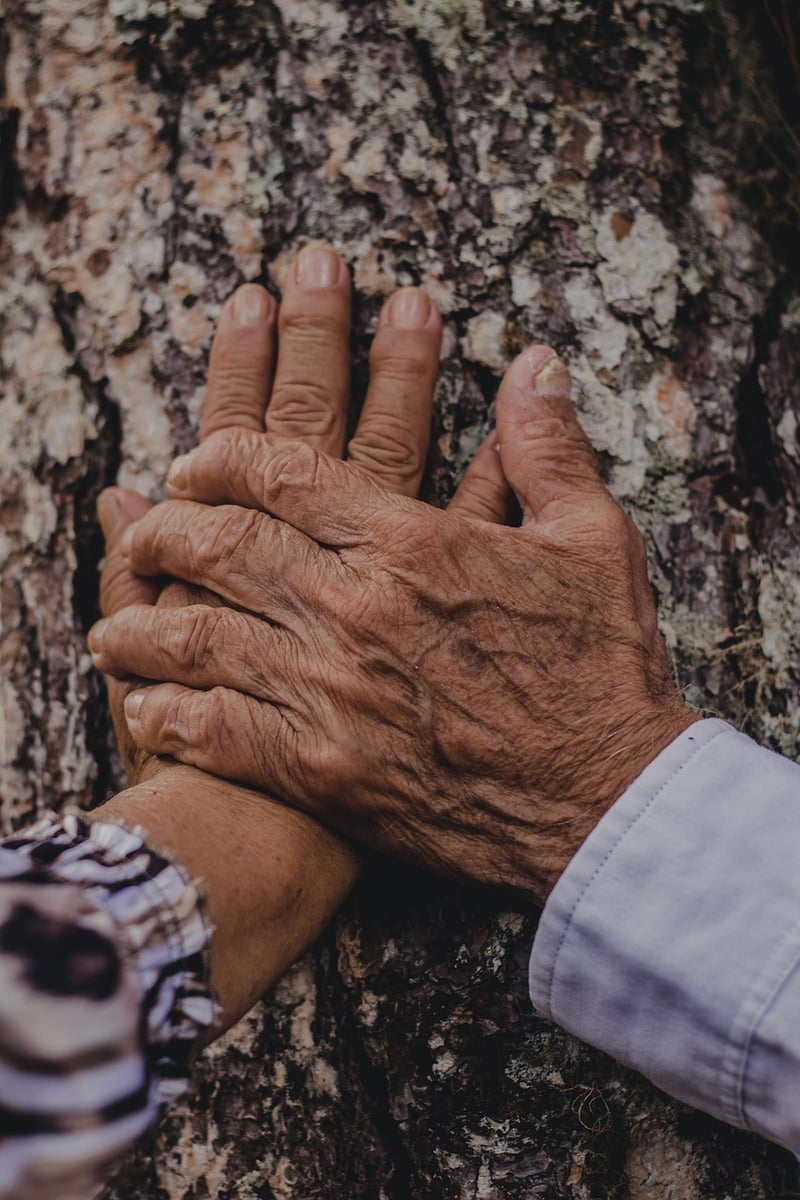Avoid Altering History
Best Practices for Preserving History
Preserving history is a crucial task that requires careful attention and dedication. Whether you are a historian, archivist, or simply a history enthusiast, there are certain best practices that should be followed to ensure the accuracy and integrity of historical records. It is essential to maintain the authenticity of historical information and avoid altering history in any way.
1. Documenting Sources
When recording historical events or information, always cite your sources accurately. Documenting sources allows others to verify the information and trace it back to its original context. This practice enhances the credibility of historical records and prevents the spread of misinformation.
2. Preserving Original Documents
Original documents, such as manuscripts, letters, photographs, and artifacts, are invaluable sources of historical information. It is essential to preserve these documents carefully to prevent damage or loss. Proper storage conditions, including controlled temperature and humidity levels, can help prolong the lifespan of these materials.
3. Avoiding Bias
When interpreting historical events, it is crucial to avoid bias and present information objectively. Historical records should reflect multiple perspectives and viewpoints to provide a comprehensive understanding of the past. Avoid altering facts or omitting details to fit a specific narrative.
4. Consulting Experts
When in doubt about the accuracy or interpretation of historical information, consult with experts in the field. Historians, archivists, and researchers can provide valuable insights and guidance to ensure that historical records are preserved accurately and ethically.
5. Educating the Public
Part of preserving history involves educating the public about the importance of historical preservation. By raising awareness about the significance of historical records and the potential consequences of altering history, we can ensure that future generations have access to authentic and reliable information.

By following these best practices and avoiding the alteration of history, we can contribute to the preservation of our collective heritage and ensure that the lessons of the past are accurately recorded for future generations.
